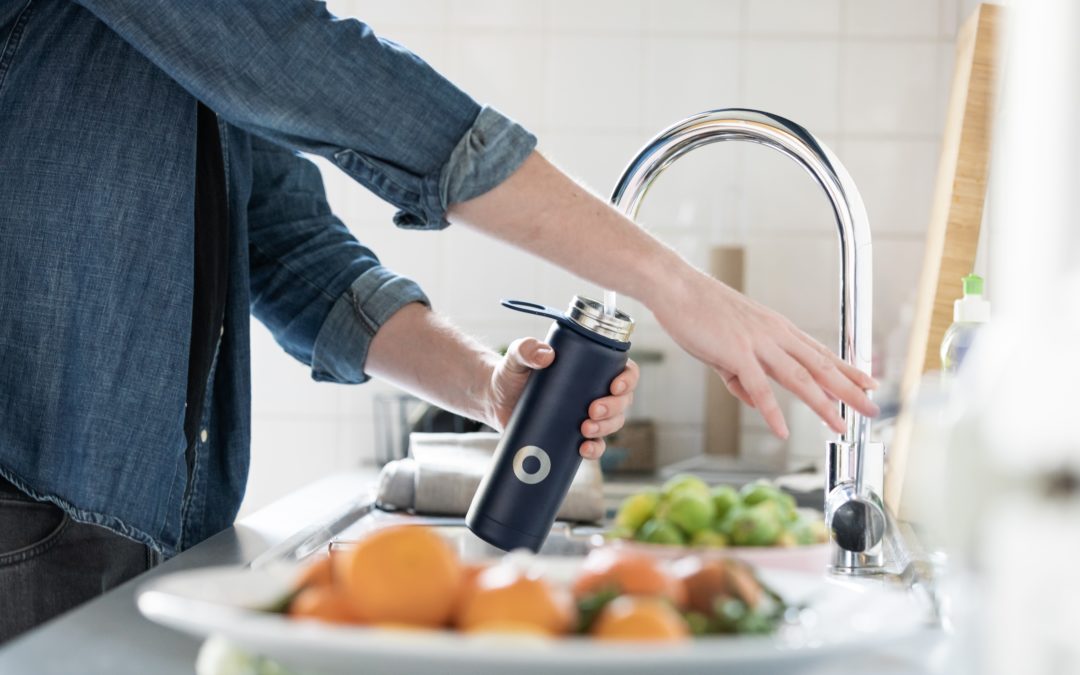Environmental toxins are substances that negatively affect your health. They include poisonous chemicals and chemical compounds, physical materials that disrupt biological processes, and organisms that cause disease (1).
While the complexity of environmental toxins makes them difficult to categorize, Tulane School of Public Health and Tropical Medicine teaches us they can be grouped into three categories: toxins in water and food, household toxins, and air toxins.
Examples of toxins found in water and food include arsenic, dioxins, herbicides, lead, mercury, PFAs, and pesticides.
Examples of household toxins include asbestos, BPA, phthalates, radon, and VOCs.
Examples of air toxins include cigarette smoke, ground-level ozone, noxious gases, and particulate matter.
These toxins are found in every person. The bioaccumulation of these compounds in some individuals can lead to a variety of systemic dysfunctions, and in some cases outright disease states (2).
The systems most affected by these chemical compounds include the immune, neurological, and endocrine systems. Toxicity in these systems can lead to immune dysfunction, autoimmunity, asthma, allergies, cancers, cognitive deficit, mood changes, neurological illnesses, changes in libido, reproductive dysfunction, and glucose dysregulation (3).
HOW TO AVOID THESE TOXINS
While it’s unrealistic to suggest you can avoid all environmental toxins completely, there is a lot you can do to limit and reduce overall exposure.
- Choose organic produce. By choosing organic, you’re avoiding exposure to pesticides, herbicides, and fungicides. This choice will also reduce the number of chemicals that leach into our soil and water supply (win-win)! While you can easily find organic produce in the stores, if possible, support your local farmers and join a CSA (community supported agriculture) or shop at your local farmer’s market!
- Choose pasture-raised animals. Factory farming is a huge contributor to air pollution (i.e., noxious gasses). Instead, choose animal protein that comes from regenerative farms that support our health and planet! Check out Regenerative International if you’re interested in learning more about the benefits of regenerative agriculture.
- Switch to non-toxic cleaning and body products. The fewer chemicals you’re using, the less burden placed on your body to rid these toxins. Also, supply and demand! The more demand for non-toxic products, the more incentive companies have to utilize cleaner and greener ingredients! The Environmental Working Group is a great resource and offers helpful consumer guides.
HOW TO CLEANSE YOUR BODY AND ENVIRONMENT
- Detoxify your body. There are some easily accessible practices you can begin right away that will gently support the body in its natural detoxification processes. This includes the sauna, exercise, dry brushing, and adequate hydration, to name a few. Including foods like chia seeds and okra can also be wonderful additions to help the body detox.
- A full-on cleanse or detox should be done in the care of a well-educated healthcare professional to support your body through this, sometimes very intense, process. Working with a professional to detox may include supplements, binders, and dietary shifts to strengthen your body’s drainage pathways. This type of detox should be avoided if you’re pregnant or breastfeeding.
- Filter your air and water. Lastly, utilize products to cleanse your environment. When choosing a water filter, purchase one based on your water type and/or specific chemicals present in your water supply. All high-quality filter companies provide literature and performance specs to show you what chemicals their product is able to filter out. Also, decide the type of filter best for you: whole-house, point of use (e.g., shower and sink), countertop, or pitcher.
- When choosing an air filter, look for a purifier that’s good at filtering out pollutants specific to your home or health needs. Also, ensure it’s large enough for the room or rooms you’re looking to purify. Lastly, don’t forget to open your windows, as fresh air is going to be a great way to cleanse your space!
You’re now equipped with many tools to minimize exposure to environmental toxins found in your food, water, and air! By avoiding or limiting these toxins you’ll reduce your overall toxic burden, support the systems most affected by these chemical compounds, and help your body achieve balance and, therefore, health!
SOURCES
1. “The Role of Public Health in Combating Environmental Toxins.” https://publichealth.tulane.edu/blog/environmental-toxins/.
2-3. Crinnion WJ. Environmental medicine, part one: the human burden of environmental toxins and their common health effects. Altern Med Rev. 2000 Feb;5(1):52-63. PMID: 10696119.

